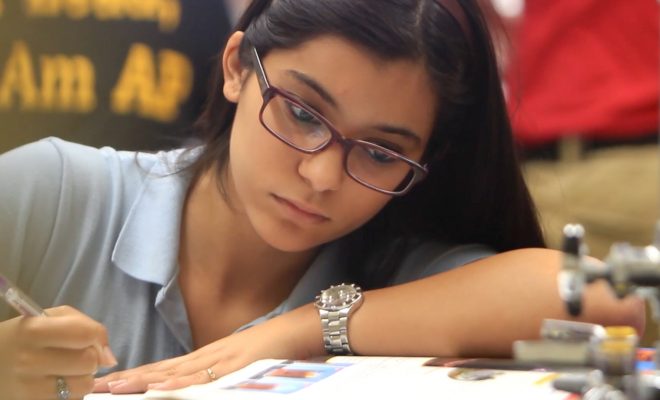Educators: What You Need to Know About Standardized Assessments

Standardized testing has practically become a tradition within the American school system. But why? How did standardized assessment become such a big part of education? How does it really work?
Standardized tests are designed by experts and come with explicit instructions for administering them. They are taken by a large quantity of learners under the same conditions. Questions, administration, and scoring are consistent for every evaluated group. These tests are generally norm-referenced tests, meaning that the performance of each test taker is measured against the norm of the group. Norms can only be determined comparatively, by having other groups of students take the test and comparing results.
Test data are analyzed and prepared by a group of experts in the field. First, the experts write questions that an average student should be able to answer about a certain subject. This set of questions is then given to a representative group of students, and the results are analyzed for consistency. The information retrieved from these tests will become norm-group data for the level of knowledge and the subject in question. It will be repeated for each subject and relevant subject according to federal policies. Experts will prepare a test manual so that administrators of the tests can familiarize themselves with directions for administering and scoring.
Teachers should understand scoring, calculating, and percentile norms of standardized tests, because they may get questions from students and parents. Standardized test results generally include a percentile norm (one of the values of a variable that divides the distribution of the variable into 100 groups having equal frequencies). A percentile rank of 80 indicates that 80% of the norm population performed below par and 20% performed better than the norm group. The norm group is a representative group that the students being tested are being ranked against comparatively. This takes place in norm-referenced testing. There are also age ranks; that is, how the student performed according to the standards for their age.
Standardized tests are generally designed to survey policy compliance or student achievement across the country or internationally. This is possible because of the consistency of the procedures and the availability of the norm-group data (generated by statistics experts). Most commonly, standardized tests are used to measure knowledge in specific areas such as math, reading, and social studies. These are known as achievement tests. Standardized tests can also be used as placement tests to understand a student’s mastery of certain skills and therefore categorize the student appropriately. Some tests in the psychology field assess personality traits, aptitudes, or abilities; IQ tests would be an example of these.
As a teacher, you’ll need to remember that standardized tests can lead to oversimplifying a complex situation. For instance, when comparing the performance of two classes, consider variables other than the level of achievement. You shouldn’t draw conclusions without further investigation; poor performance could be explained by other influencing factors, such as your lack of training to handle the group. Moreover, some doubt may be cast on the validity of results, because they may not measure what was taught or may not be aligned with the class objectives for the year. And some students may have trouble answering these tests due to lack of background vocabulary or lack of experience.
Standardized tests have adopted a statistical model, called the bell curve, to help analyze the results. The use of normal distribution is applied to the scores, which can be visualized as a bell-shaped curve. The significance of the bell shape is that it indicates that most results will fall between two values on either side of the mean. The mean is a mathematical average of a group of scores, giving a value that is representative of the overall scores. Very few values will be found greatly above or greatly below the mean. On a bell-shape graph, these areas are known as the “tails” of the graph. A narrow bell-shape indicates a low standard deviation; in other words, the values of the scores did not deviate greatly from the mean. A wide bell shape indicates a high standard deviation, or that the scores varied widely from the value of the mean. Taking 1 standard deviation on either side of the mean will allow you to obtain the scores of the majority of the test takers.
Standardized assessment has a huge impact not just on your students’ futures, but on your school’s future, too. Make sure you thoroughly understand the levels of performance your students need to achieve, and what it is you need to do to help them get there.






